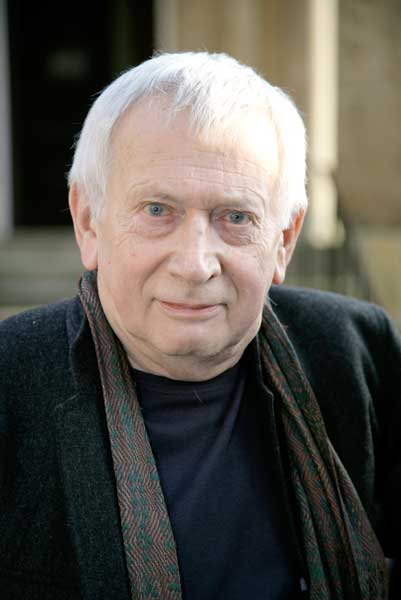Chapman's Odyssey, By Paul Bailey

Your support helps us to tell the story
From reproductive rights to climate change to Big Tech, The Independent is on the ground when the story is developing. Whether it's investigating the financials of Elon Musk's pro-Trump PAC or producing our latest documentary, 'The A Word', which shines a light on the American women fighting for reproductive rights, we know how important it is to parse out the facts from the messaging.
At such a critical moment in US history, we need reporters on the ground. Your donation allows us to keep sending journalists to speak to both sides of the story.
The Independent is trusted by Americans across the entire political spectrum. And unlike many other quality news outlets, we choose not to lock Americans out of our reporting and analysis with paywalls. We believe quality journalism should be available to everyone, paid for by those who can afford it.
Your support makes all the difference.In one sense, this novel is the story of Paul Bailey's elderly protagonist Harry Chapman – former actor, writer, sometime lecturer – and his (only somewhat Homeric) journey out of this life after he finds himself in hospital with acute stomach pains. Those familiar with Bailey's literary game-playing, however – in novels such as the Booker Prize-shortlisted Peter Smart's Confessions and Gabriel's Lament – will recognise the allusiveness in the title. It invokes not only the celebrated Jacobean translation of Homer's epic by George Chapman (already featured in Bailey's Sugar Cane), but also John Keats's poetic panegyric on the elevating effects of great literature, "On First Looking into Chapman's Homer".
Among the many instances of great writing favoured by Chapman, and alluded to during his hospitalisation, are Dostoyevsky's The Idiot, Melville's Moby-Dick and Dickens's Great Expectations. He is less haunted, however, by great authorship than by the vivid characters fabricated in each case. In his apparently visionary state, Chapman is visited by Prince Myshkin, Philip Pirrip, Ishmael and Queequeg.
Such encounters are complemented by those of non-literary heroes such as Fred Astaire, as well as less welcome ones, invariably by relatives, such as Chapman's (deceased) mother, most of whose appearances he would evidently have avoided. It is worth mentioning that not all the writers mentioned in Chapman's Odyssey are praised. Virginia Woolf, for example, is referred to primarily as "not much of a listener".
Chapman's Odyssey is a rewarding curiosity of a book, though hard to describe in the context of contemporary fiction. Much of the narrative effect stems from the incongruity of Chapman's mother's (imagined) utterances with those voiced by those whom Chapman holds dear. The cadences in her "vinegary voice" strike her son in his decline just as brutally as they were doubtless meant to some 60 years earlier – as when, for instance, she ridicules his literary interests: "Life isn't a book, though I bet you wish it was."
Chapman, in his reveries, is given all the ammunition he needs to offer a retrospective sally at his mother's mediocre social outlook. In particular, he is empowered, magically, to introduce her to partner Graham - or, in the argot that fits, "the dear kind man I live with". Bailey repeatedly uses the novel form to describe the impossible, as when Chapman experiences, or imagines, his own funeral.
Enthusiasts of Bailey's other works will find many teasing references back to them. Sometimes Chapman seems to slide ever nearer to Bailey himself: both wrote a novel about old age while young (Bailey's was his first, At the Jerusalem). Even the previously uninitiated may be interested in the apparent sketching of certain long-standing friends of Bailey in fictional guise, such as Beryl Bainbridge.
There is an occasional danger of the allusiveness overshadowing the arc of this book's story. I suspect too that Bailey's ever-distinctive voice may be better served by the immediacy of the first person, not the third. And, although it is borrowed from a 17th-century divine, Jeremy Taylor, the notion (repeated here) that a hospital is a sort of "map of the whole world" is somewhat undermined – but benevolently so, precisely by the idiosyncratic, brilliantly realised consciousness of this patient. Chapman's Odyssey is an immensely enjoyable read: sprightly, finely rendered, vivid, economical and true.
Richard Canning's edition of Ronald Firbank's 'Vainglory' is forthcoming from Penguin Classics
Join our commenting forum
Join thought-provoking conversations, follow other Independent readers and see their replies
Comments